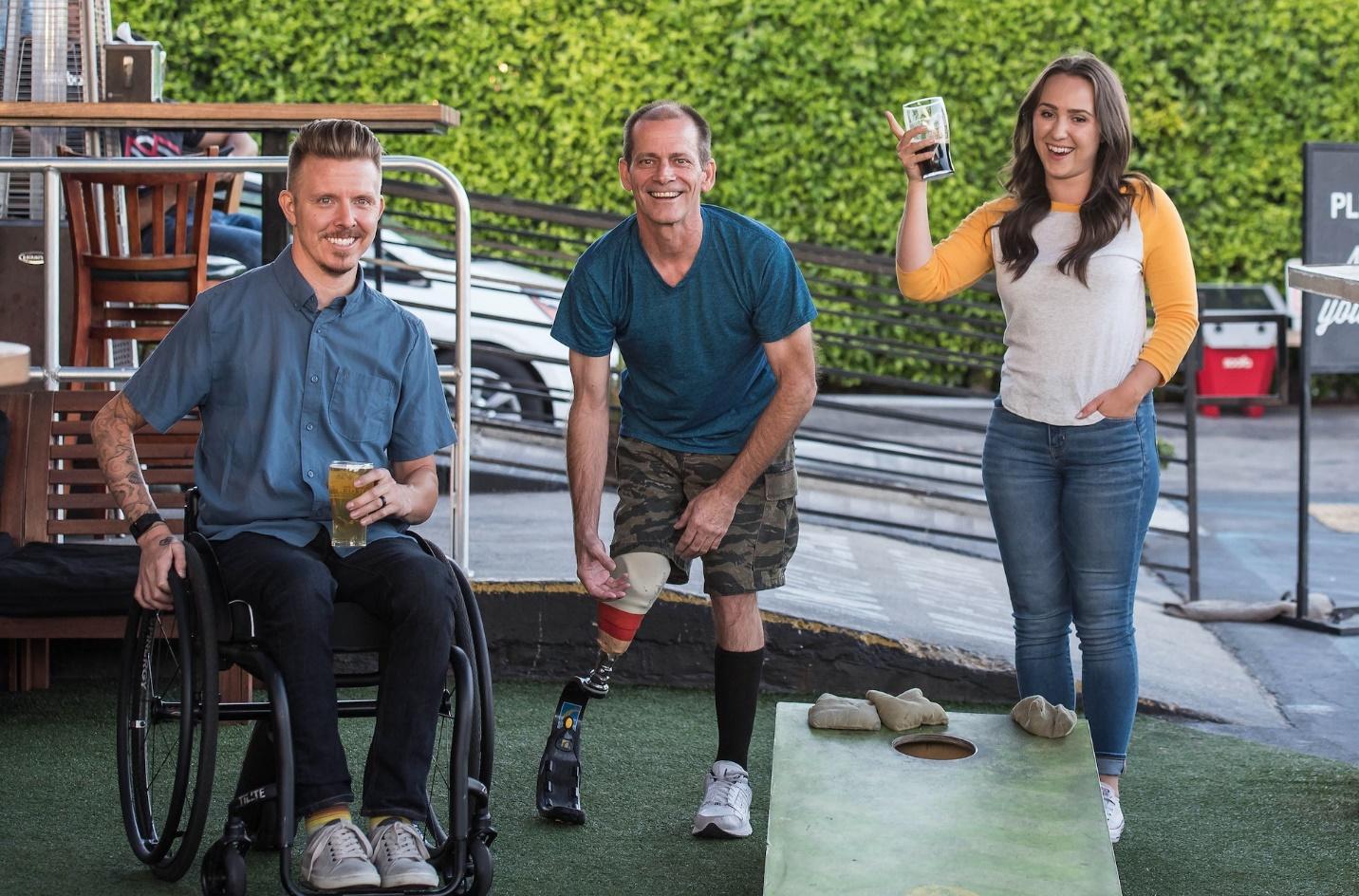 What is an NDIS Support Coordinator?
What is an NDIS Support Coordinator?
According to available data over four million Australians live with a disability. The National Disability Insurance Scheme (NDIS) aims to provide mental and financial support to ensure these people live comfortably. However, some can’t access the support plans themselves. This is where NDIS support coordinators come in handy.
A support coordinator will ensure you make the most of your plan whether you are elderly, living with any form of disability, or dealing with a mental issue.
What is Support Coordination?
Support coordination helps you to capitalize on the assistance offered by the NDIS. Depending on the extent of your disability, you’re eligible for the following levels of support coordination.
- Support connection – develops your closeness to the community, through funded and informal support groups. This motivates you to pursue your goals.
- Support coordination – teaches you the skills needed to use your plan. Here, you’ll work with a coordinator to improve independence and foster relationships with others.
- Special support coordination – an advanced level of assistance where a specialist coordinator helps people with complex disabilities to manage their challenges and improve resourcefulness.
The Role of an NDIS Support Coordinator
Support coordinators offer help depending on the level of assistance you need and the nature of your circumstances, goals, and needs. So, what does an NDIS support coordinator do?
Help You Understand Your NDIS Plan
The primary role of a support coordinator is in helping you understand your NDIS plan. Specifically, they’ll inform you how much you get and how you can spend the money.
The coordinator oversees fund management and tells you what’s needed to access the finances.
Support Coordination
Your coordinator should help you find providers and services to assist you in achieving your goals. The choice of providers and services should consider your circumstances and preferences.
Capacity Building for Independence
If your physical condition permits, you can work with your support coordinator to improve your independence. This helps you to identify and connect with providers and services that assist you in pursuing your dreams.
The coordinator should use your preferred language and communication method during capacity building. More importantly, they shouldn’t decide for you. Instead, they should explore different options and let you pick the one best suited for you.
Prepare for the Unexpected
Your NDIS support coordinator can help you prepare for uncertainty. For instance, you can work together to plan for changes like an urgent need to go to the hospital, how to survive when nobody’s home, the need for emergency funds, etc.
When doing this, your coordinator should develop your confidence to handle unexpected events independently.
Mitigate Crises
Crises involving children and protection, education, and justice are inevitable. When such occur, your support coordinator should help you.
Act in Your Best Interest
Your support coordinator must do what serves you best. First, they should always recommend the best support services. Secondly, they must avoid anything that triggers a conflict of interest. Lastly, they must prevent promoting or participating in such practices.
Specialist Support Coordination
A specialist support coordinator deals with advanced cases of disability. Their role entails handling complex challenges that prevent you from accessing support services. Sometimes, they are designed to cater to your specific needs.
Final Words
Your right is to demand that your support coordinator act in your best interest. Whether registered or not, the coordinator must adhere to the NDIS code of conduct.
The NDIS Commission encourages you to report individuals who offer poor-quality coordination services. You can also forward names of people who make you feel unsafe or like imposing their decisions.


 What is an NDIS Support Coordinator?
What is an NDIS Support Coordinator?


